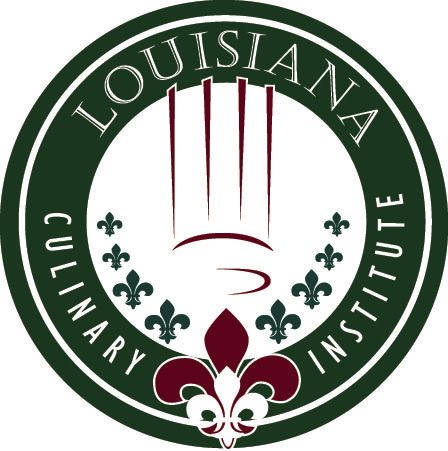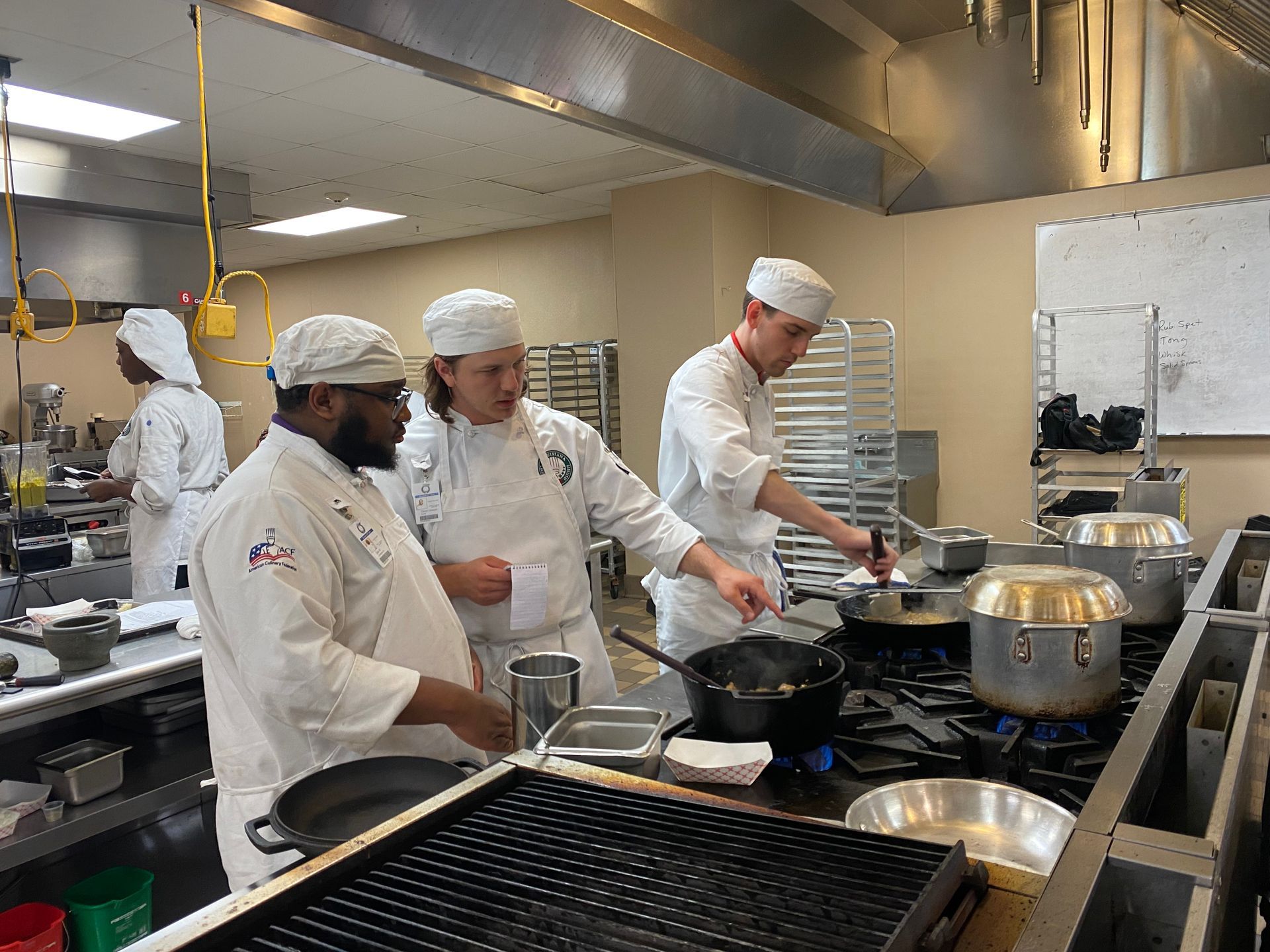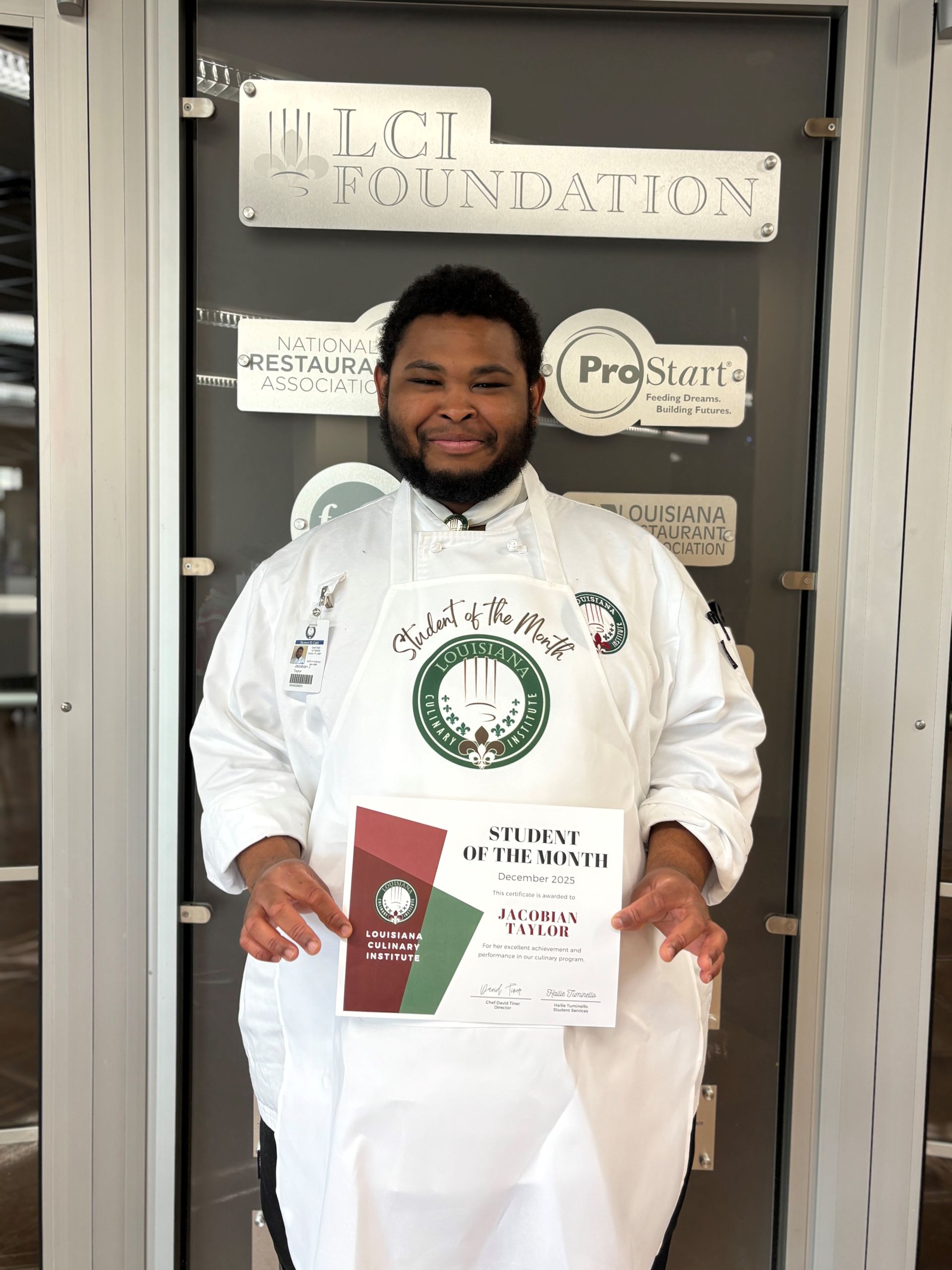Culinary School vs. Internet Cooking Classes: The Advantages of In-Person over Virtual Learning
Many colleges and institutions now offer virtual courses as a popular alternative, particularly in the wake of the COVID-19 pandemic. However, online courses are not the greatest choice for culinary schools. Let’s take a closer look at a few of the reasons why virtual classes might not be a good fit for culinary students.
Culinary arts are first and foremost a practical and hands-on subject. Chopping, slicing, and sautéing are just a few of the physically demanding tasks involved in cooking. Learning these skills through a virtual medium is challenging. Even though videos and demonstrations can be seen, students need to put these techniques into practice in order to fully understand them. This is crucial in the culinary arts because a chef’s abilities have a significant impact on their final product's quality.
Second, cooking assignments in culinary schools frequently require teams of students to complete them. It would be challenging for students to collaborate successfully in a virtual environment. Virtual lessons also don’t allow for the same amount of involvement as in-person classes since cooking involves ongoing cooperation and communication. This could result in a breakdown in teamwork, which would then have an impact on the caliber of any project.
Students likely won’t have access to the same tools and ingredients in virtual culinary classes as they would in person, which is another drawback. Modern kitchens with specialized equipment, like at LCI make it easier to learn these skills. Without these resources students can’t fully immerse themselves in the culinary arts, reducing the amount they can learn and experience.
Learning about food safety and sanitation is another crucial component of culinary education. These topics can be learned practically through in-person classes that allow for practicing proper food handling methods and learning how to avoid cross-contamination. This is challenging to duplicate in a virtual environment.
Louisiana Culinary Institute is a 40,000-square-foot, state-of-the-art facility featuring three demonstration labs, spacious classrooms, a full-service kitchen, an amphitheater, and a media center. These resources along with a dedicated faculty and staff, provide everything needed to launch a successful culinary career.


